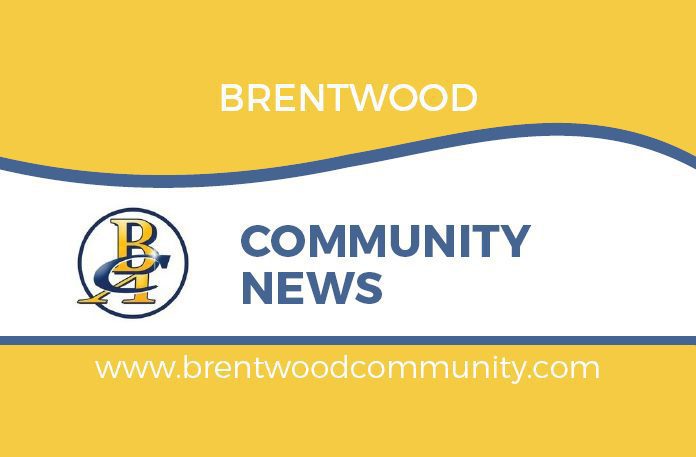by Rosemary Brown
We often hear the phrase “we are all treaty people,” but are not always clear about what this means nor the responsibilities it entails. Nor are we familiar with the perspectives of the First Nations peoples who signed treaties, first with the British Crown and then the Canadian government.
The article “The Treaty Right to Health: A Sacred Obligation,” clarifies some of these issues by focusing on one treaty entitlement, that of health. The lead author, Aimee Craft, is Anishinaabe- Métis from Treaty 1 in Manitoba, and an Associate Professor in the Faculty of Common Law at the University of Ottawa, specializing in Indigenous laws, treaties, and water.
The article argues that Canada is failing to meet its treaty obligations when it comes to the health of First Nations peoples. This can be attributed to the Federal government’s narrow interpretation of the numbered treaties, and their insistence on limiting the scope of the treaties to the written word, excluding oral histories of the treaty-making process. Furthermore, Western conceptions of health and well-being are too narrow compared to the holistic approach embraced by Indigenous peoples. First Nations have challenged these narrow interpretations and conceptions, producing a body of case law that the authors review.
For the First Nations who signed the numbered treaties, these were viewed as “sacred promises” about “land sharing agreements between two sovereign nations”, and that the “spirit and intent of the treaties including verbal commitments” must be respected. For the federal government, the treaties were “contracts and land surrenders to the Crown”, and the “written contractual text is what’s important”.
According to the testimonies about the negotiation of treaties 6 through 11, oral promises were made to not interfere with traditional ways of life, for free medical care, and for protection from famine, pestilence, and diseases.
Furthermore, the authors point out that for the First Nations signing the numbered treaties, health was synonymous with wellness, which from a holistic perspective included physical, mental, emotional, and spiritual health. These in turn were and are connected to the environment (all of creation), access to the land, healthy waters, spiritual ceremonies, languages, cultural identity, and more.
Given the divergence in thinking between First Nations and the Federal government, it is not surprising that numerous court challenges have been made around the treaty right to health. The authors go through several of these cases and then list a set of principles that should inform the interpretation of treaties. Key is the principle that oral promises have to be taken into account equal to the written word, and that when ambiguity exists, courts should rule in favour of First Nations. Courts have also found that the treaty right to health has evolved over time and must be considered within a modern context.
The authors present a chart that shows which treaty contained written clauses related to health, (the Medicine Chest clause of Treaty 6), which ones contained implied commitments to health (Treaties 1 to 5), and which ones failed to include verbal promises made during treaty negotiations (Treaties 7 to 11).
The authors point out that treaty rights as well as Aboriginal rights are protected under section 35 of the constitution. Canada is also bound by the articles relating to health in the United Nations Declaration on the Rights of Indigenous Peoples but has failed to live up to its obligations. As a result, health outcomes for Indigenous peoples lag behind those for Canadians as a whole.
Reconciliation cannot take place until the truth and spirit of treaty responsibilities are met. Being a treaty partner means that we need to hold our governments accountable until they fulfill these responsibilities.
This article was shared by Michelle Robinson, the host of Native Calgarian Podcast and the Indigenous Book club.
Click here to the Brentwood Community News home page for the latest Brentwood community updates.











